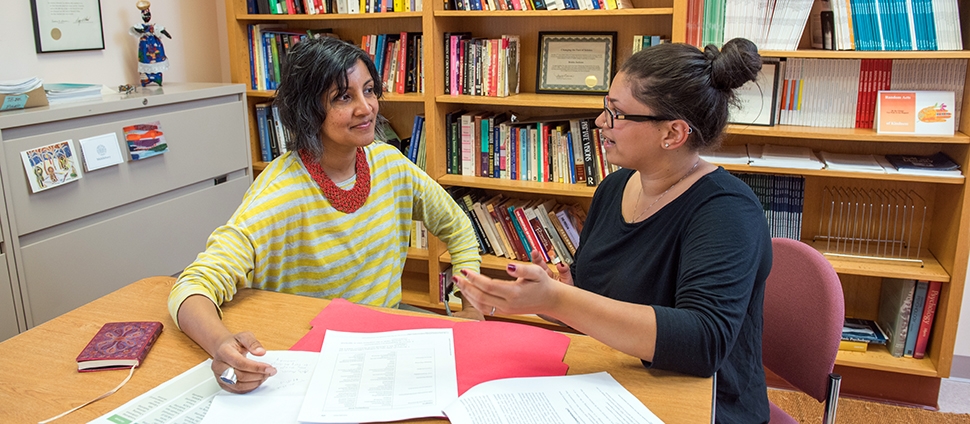Document Type
Article
Publication Date
4-1-2008
Publication Title
Journal of Counseling Psychology
Abstract
This article illustrates a method of testing models of change in individual long-term psychotherapy cases. A depressed client was treated with 208 sessions of control mastery therapy (CMT), an unmanualized approach that integrates elements of psychodynamic therapy (PDT) and cognitive behavioral therapy (CBT). Panels of experts developed prototypes of ideal PDT, CBT, and CMT process using the Psychotherapy Process Q-set (PQS; J. S. Ablon & E. E. Jones, 1999; E. E. Jones, L. A. Parke, & S. Pulos, 1992; E. E. Jones & S. M. Pulos, 1993). Independent observers rated every 4th session (N = 53) with the PQS. Using correlations between ideal and actual PQS ratings followed by paired t tests, the authors compared adherence to the CMT prototype with adherence to plausible alternative models advocated by the PDT and CBT experts. Bivariate time series analyses determined whether prototype adherence predicted an estimated index of symptom change. Results showed that the therapist's behavior was most consistent with the CMT prototype and that this aspect of the CMT prototype along with particular aspects of the other prototypes influenced estimated symptom change. The results, which replicate and extend earlier findings, support the validity of this approach to studying long-term therapies but also highlight its limitations.
Keywords
control mastery theory, prototypes, psychotherapy process research, single-case studies, time series analysis
Volume
55
Issue
2
First Page
221
Last Page
232
DOI
10.1037/0022-0167.55.2.221
ISSN
00220167
Creative Commons License

This work is licensed under a Creative Commons Attribution 3.0 License.
Rights
© 2008 American Psychological Association.
Version
Version of Record
Recommended Citation
Pole, Nnamdi; Ablon, J. Stuart; and O'Connor, Lynn E., "Using Psychodynamic, Cognitive Behavioral, and Control Mastery Prototypes to Predict Change: A New Look at an Old Paradigm for Long-Term Single-Case Research" (2008). Psychology: Faculty Publications, Smith College, Northampton, MA.
https://scholarworks.smith.edu/psy_facpubs/124


